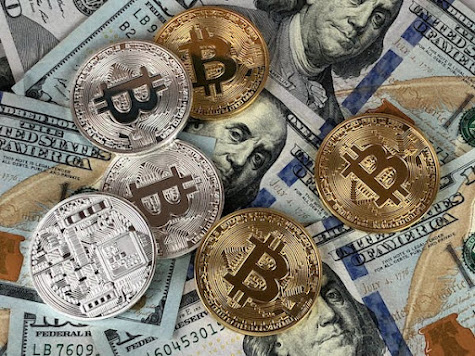The Power of Blockchain: Beyond Cryptocurrencies
Introduction:
In the realm of technology, few innovations have captured as much attention and potential as blockchain. Often associated with cryptocurrencies like Bitcoin, blockchain technology offers a world of possibilities that extend far beyond digital coins. In this blog post, we delve into the power of blockchain and explore its applications beyond cryptocurrencies, showcasing how it's shaping industries and revolutionizing systems across the globe.
Understanding Blockchain:
Blockchain is a decentralized and distributed digital ledger that records transactions across multiple computers in a secure, transparent, and tamper-proof manner. Each transaction is linked to the previous one, forming a "chain" of blocks, hence the name "blockchain." While it gained fame through cryptocurrencies, its features make it a versatile tool with applications that transcend financial transactions.
Blockchain's Beyond Cryptocurrencies:
Supply Chain Management:
Blockchain provides end-to-end traceability and transparency in supply chains. Companies can track the movement of goods, verify authenticity, and improve accountability. This is particularly beneficial for industries like agriculture, pharmaceuticals, and luxury goods.
Smart Contracts:
Smart contracts are self-executing contracts with the terms of the agreement directly written into code. These contracts automate processes, eliminate intermediaries, and ensure trust in various sectors, including real estate, legal, and logistics.
Healthcare Data Management:
Blockchain enhances the security and accessibility of patient data, ensuring seamless and secure sharing among authorized medical professionals. This can lead to improved patient care, reduced errors, and streamlined processes.
Voting Systems:
Blockchain can transform voting systems by providing tamper-proof records, preventing fraud, and ensuring accurate and transparent elections. This has the potential to enhance democratic processes around the world.
Intellectual Property Protection:
Artists, musicians, and creators can use blockchain to establish immutable records of their intellectual property rights, preventing unauthorized use and ensuring fair compensation.
Energy Trading and Grid Management:
Blockchain enables peer-to-peer energy trading, allowing individuals and businesses to exchange excess energy directly. It also enhances grid management, optimizing energy distribution and reducing waste.
Digital Identity Verification:
Blockchain can create a secure and portable digital identity for individuals, reducing the risk of identity theft and simplifying authentication processes.
Conclusion:
As we venture deeper into the digital age, blockchain's potential continues to expand. Beyond cryptocurrencies, it has the power to reshape industries, promote transparency, and foster trust in a variety of applications. From supply chains to healthcare, the impact of blockchain is far-reaching, promising a future where decentralized and secure systems redefine the way we interact, transact, and innovate.



Comments
Post a Comment